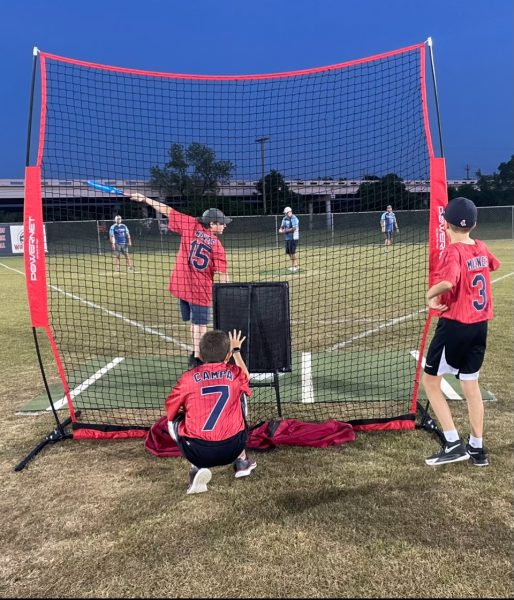Real Vs. Fake Christmas Trees
When the holiday season comes rolling in, people usually start decorating their houses. Christmas wreaths go up on doors, holiday lights are strung around the house, inflatables are set-up on yards, and stockings are hung over the fireplace. Although decoration can’t be completed without the main centerpiece, the Christmas tree, some houses have real pines in their homes, and some have artificial ones. Which one is better for you?
Real Trees
“I like the smell of the tree, and I think it’s more festive,” says Timothy Gremeshemer.
Many people enjoy going to tree farms. After they’ve been picked out, the trees are cut down. Many love the smell of pine and taking fun pictures with their families. Even though there are many pluses to having a real tree, it’s not always easy to take care of. The trees quickly dry out and leave pine needles all over the floor.
” It kills the trees, and it’s hard to control,” says Tate McCarthy, “That’s why we use fake trees.”
Safety Tips
Once the trees are cut, they have to be kept moist for it to stay alive longer. If you don’t want a dry tree, you have to follow the cut moist (make sure the stand is kept full), and keep the tree away from constant heat or fluctuating temperatures. The American Christmas Tree Association (ACTA) says that fresh trees are less likely to catch fire.
Artificial trees
Fake (or plastic) trees are found in most American homes during the holiday season. Unlike real Christmas trees, there isn’t any mess to clean up. That means no annoying pine needles to sweep up from the ground.
“I found a video that says real Christmas trees catch fire more than fake Christmas trees,” says Janell Gutierrez,” That’s why I’m glad I have a fake Christmas tree.”
Artificial trees are suitable for long term uses. Instead of buying a tree every year, you can buy an artificial tree once that possibly lasts for a decade. Though artificial trees can be more natural to take care of, there can be a few downsides.
“A disadvantage of having one does not have the smell a real tree does,” says Madison Brown.
Safety Tips
According to the National Fire Protection Association (NFPA), Christmas trees in the U.S. cause about 210 house fires annually. Some of these fires can start because of electrical malfunctions. If you have lights around your tree, you should be sure to check for any problems.

























